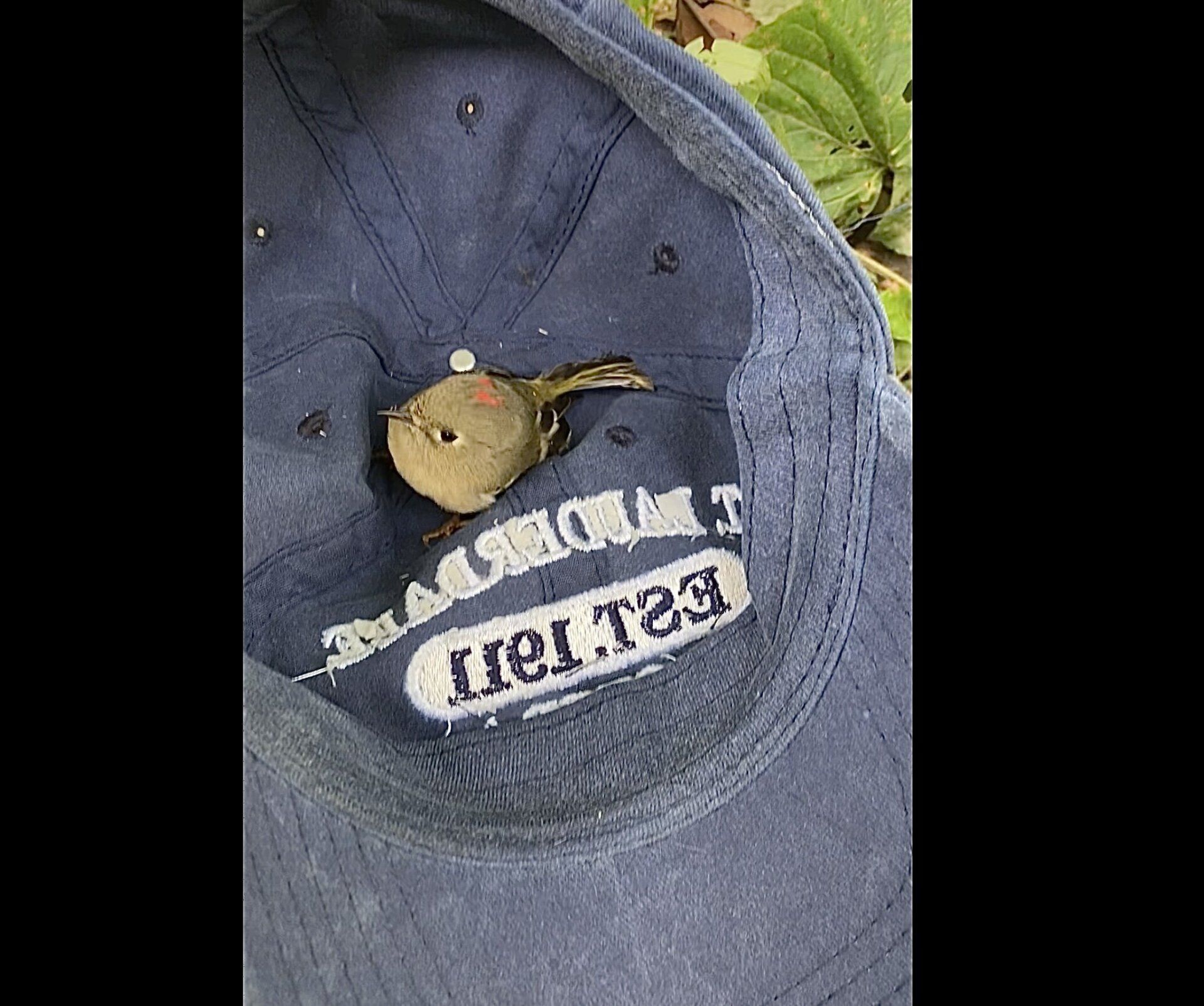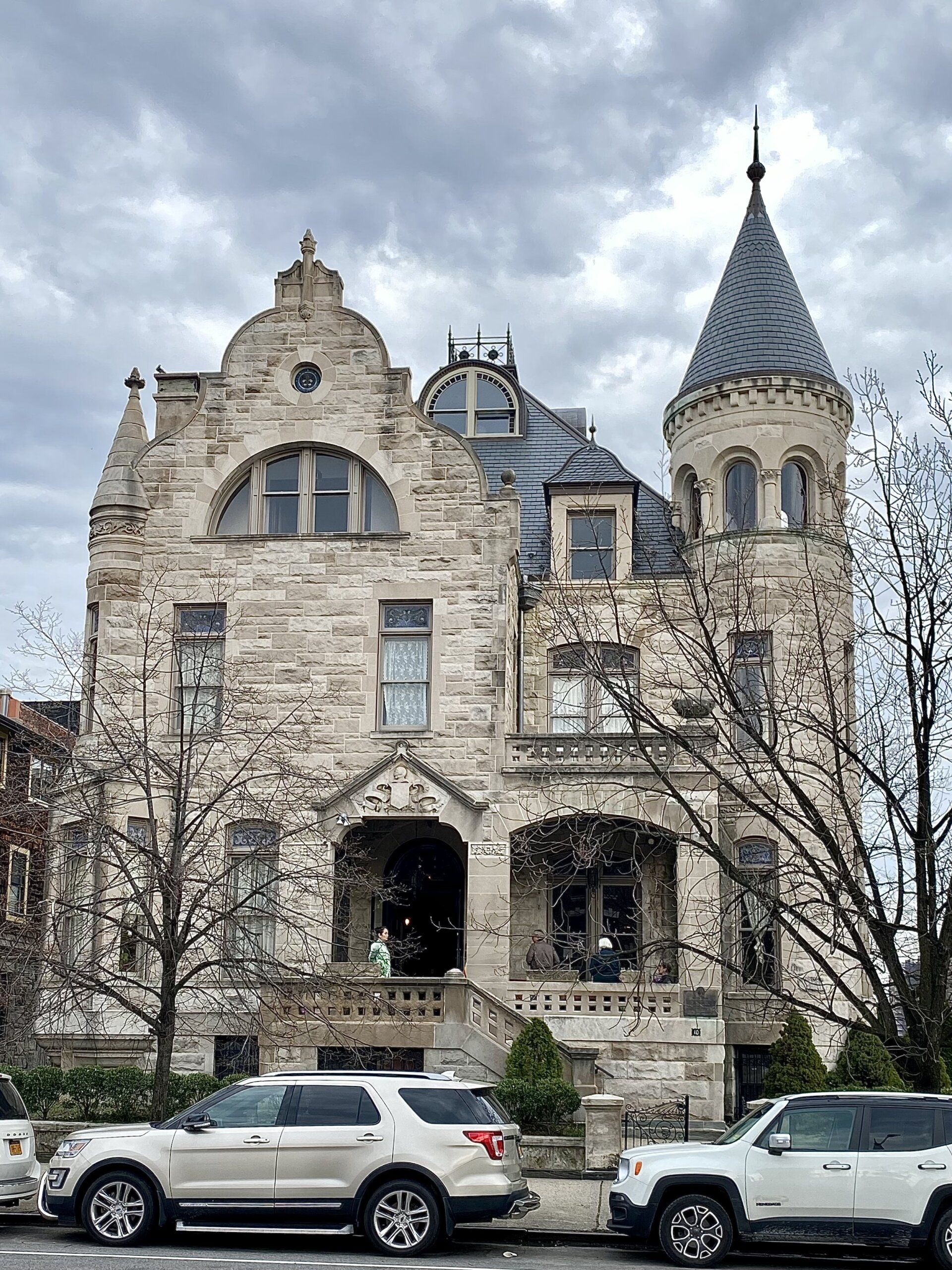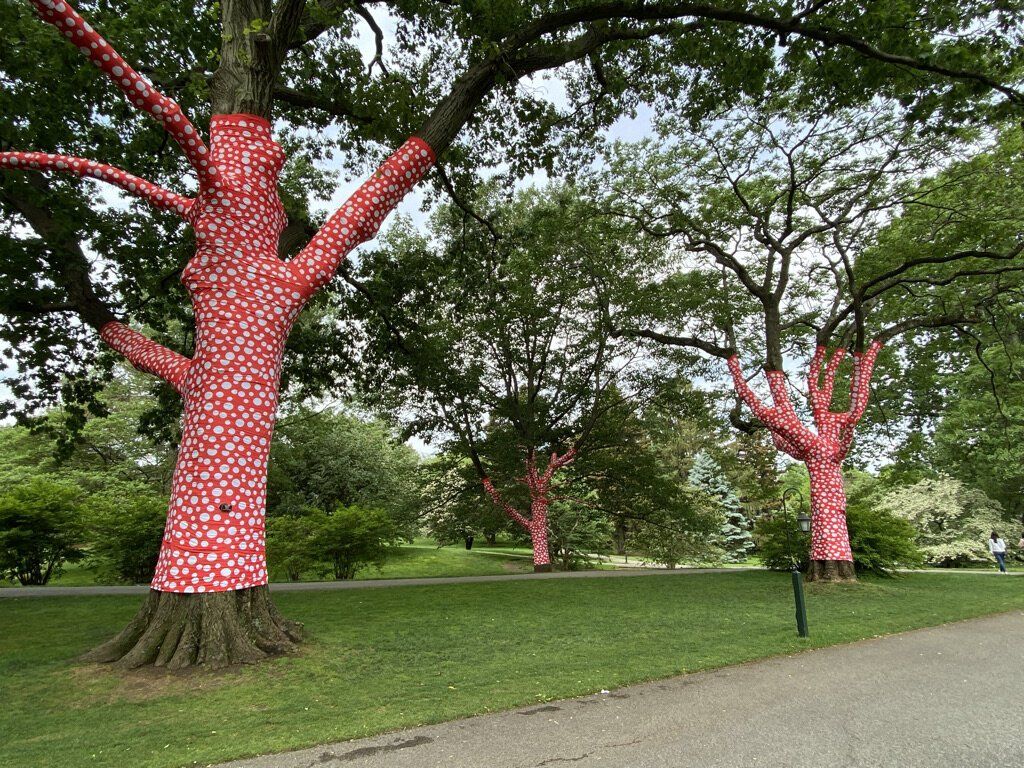Wuthering Heights *sigh*
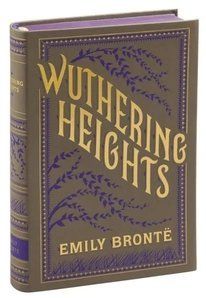
Having recently first heard Kate Bush’s unusual song inspired by the novel, I thought it was time to read Wuthering Heights by Emily Brontë. (I had an odd English lit experience in high school and college - I missed a lot of the classics back then, including this.) I chose to wait to write about it until viewing a few film adaptations, particularly the classic 1939 Olivier/Oberon version. I expect mine to be an unpopular opinion, but I can now confidently express my disbelief as to why this book is considered a classic.
I’ve not before read a book so full of shallowly drawn angry, spiteful, cruel, and, in a few cases, racist characters. The best I can say for the main subject, Heathcliff (no surname), is that his all-consuming bitterness is wholly justified, given the abominable treatment imposed on him by his “betters.” Of undefined ancestry, he was plucked off the Liverpool streets as a child by Mr. Earnshaw, who owned Wuthering Heights, and spirited home, to to the dismay of the two Earnshaw kids. Heathcliff winds up a stable hand, referred to as “dark” and “gipsy.” He later runs off and amasses a mysterious fortune. His return to the Heights reveals him to be an unapologetic asshole, even toward people who don’t deserve his angry ministrations.
The Earnshaw daughter, Cathy, is Heathcliff’s obsession. She is a selfish, social climbing snob, sometimes caring for him, other times utterly dismissive of his coarseness. Brontë doesn’t make it particularly clear as to why Cathy and Heathcliff are so tied to each other when she describes their early years together. Despite their mythic gallivanting about the moors together, supposedly fueling their mutual love, they cruelly snipe at each other as young adults. The only real sense of the depth of Cathy’s love comes when she explains why she chooses to marry someone more socially appropriate than Heathcliff, despite their seeming soul-deep connection in which she explains, “[Heathcliff’s] more myself than I am. Whatever our souls are made of, his and mine are the same.” Not that it mattered.
With the exception of Ellen/Nelly Dean, who, while relegated to servant and narrator, possesses the lion’s share of sense and kindness. The other characters are basically set dressing. Most of them tend to drop dead of some unnamed illness when they no longer serve the story.
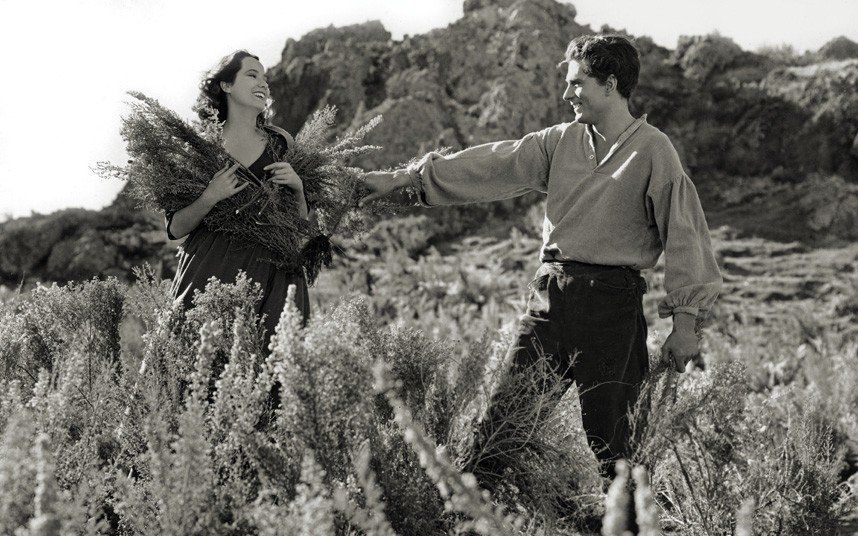
Merle Oberon and Lawrence Olivier romp in the heather in Wuthering Heights, 1939
As for film adaptations, quite a few were made. Being a film fan, I was most interested in the Lawrence Olivier/Merle Oberon film (1939 sure was a good year for films). That said, despite some anachronistic costumes and music, I most appreciated the classic version. The screenwriters distilled the necessary elements of the story successfully enough to craft a satisfying if depressing enough movie. This allowed Olivier and Oberon at their most beautiful to convey their characters’ love for each other more effectively than in the book. The movie ended at its source’s mid-point (Cathy’s death marks the end of the first half of the book) but it relieved the viewer of a good hours’ worth of Heathcliff’s continued abuse of his relatives and servants. The film is also blessed with a grand Alfred Newman score (Cathy’s theme) and an Oscar for Gregg Toland’s lush cinematography.
The 1998 made-for British TV version is a faithful retelling and boasts beautiful Yorkshire locations. I enjoyed seeing several familiar actors from other films and TV shows like Matthew Macfayden (Pride and Prejudice 2005), Crispin Bonham-Carter (Pride and Prejudice 1995), Orla Brady (Picard TV series second season), and Ian Shaw (son of actor Robert Shaw – Jaws and The Sting). I suggest this one if you don’t feel like reading the book. After experiencing the book and the films, I have had my fill of Wuthering Heights for now.
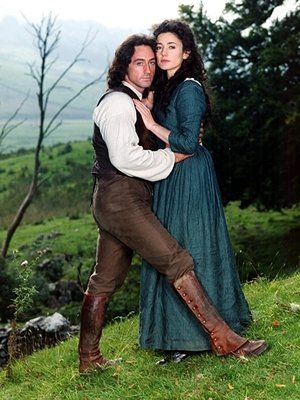
Robert Cavanagh & Orla Brady, Wuthering Heights, 1989
It’s interesting how some classics end up being “less than” the reputations that precede them. This was Brontë’s first and only novel prior to her death at age 30. It occurred to me that Wuthering Heights was her freshman effort. It’s entirely possible that subsequent books may have been superior to this. As for me, I’ve got Kate Bush to paint a sufficiently gothic picture with her music.
P.S. I wish I could have written an essay like this in high school English class.



